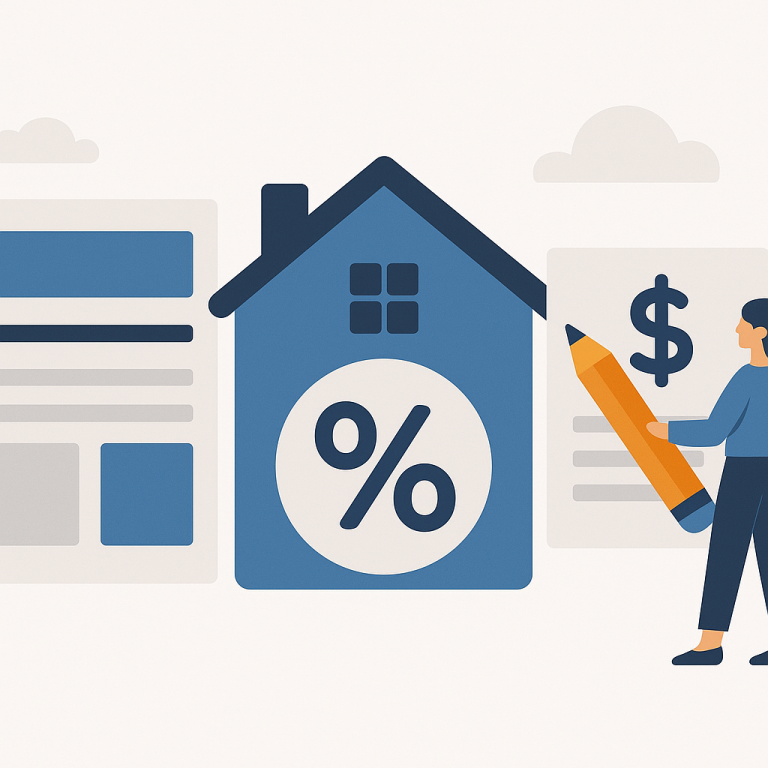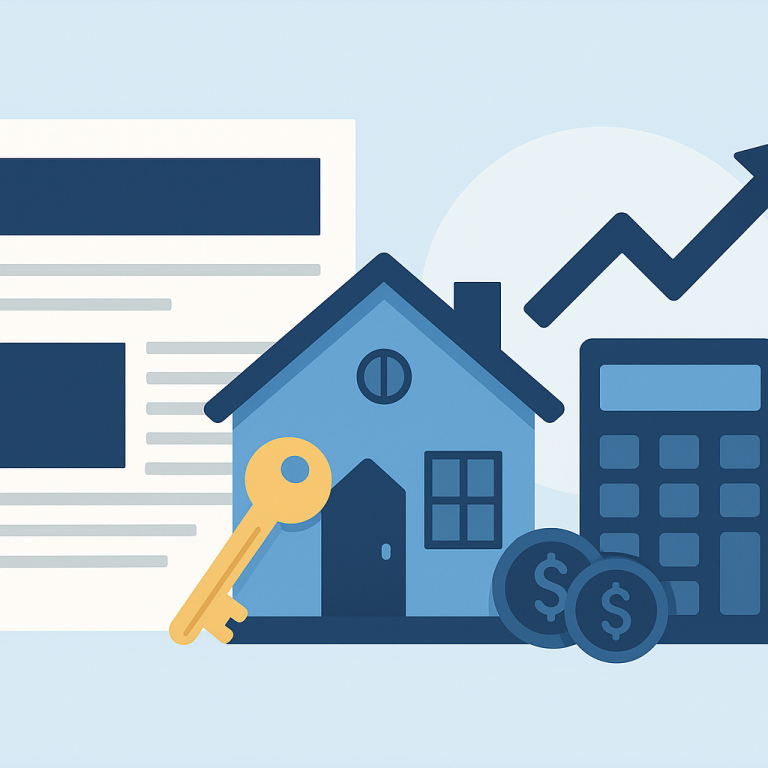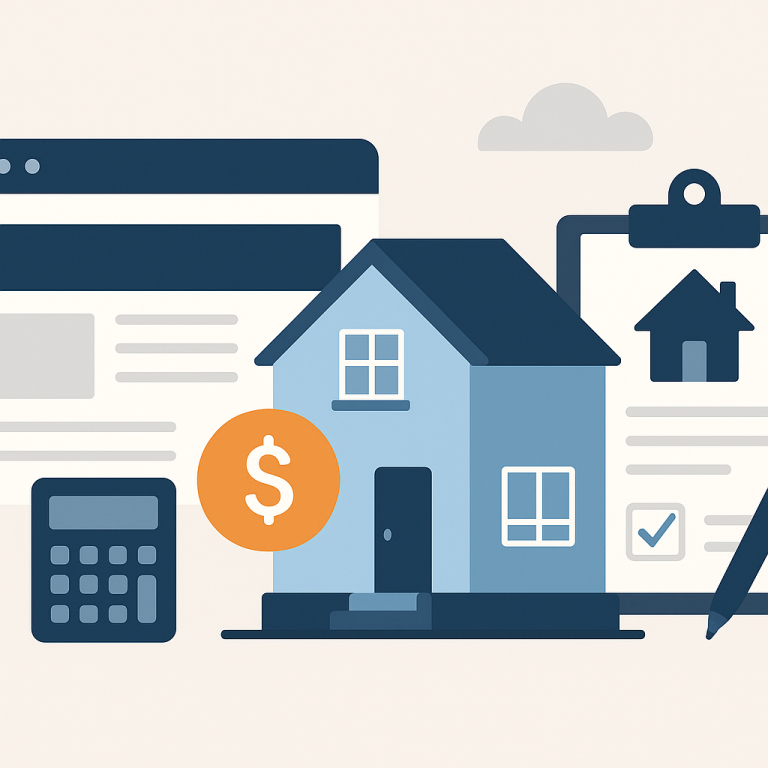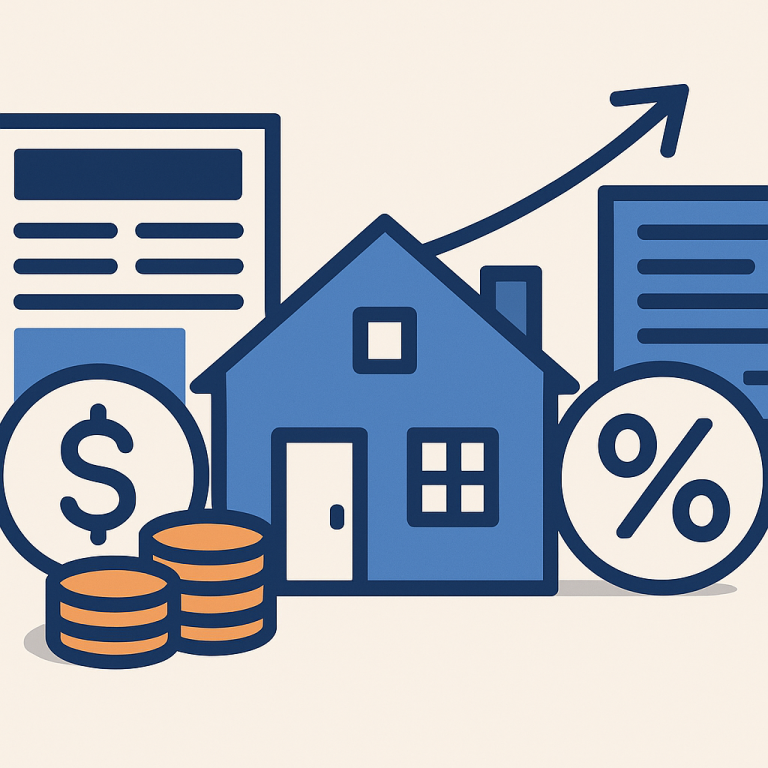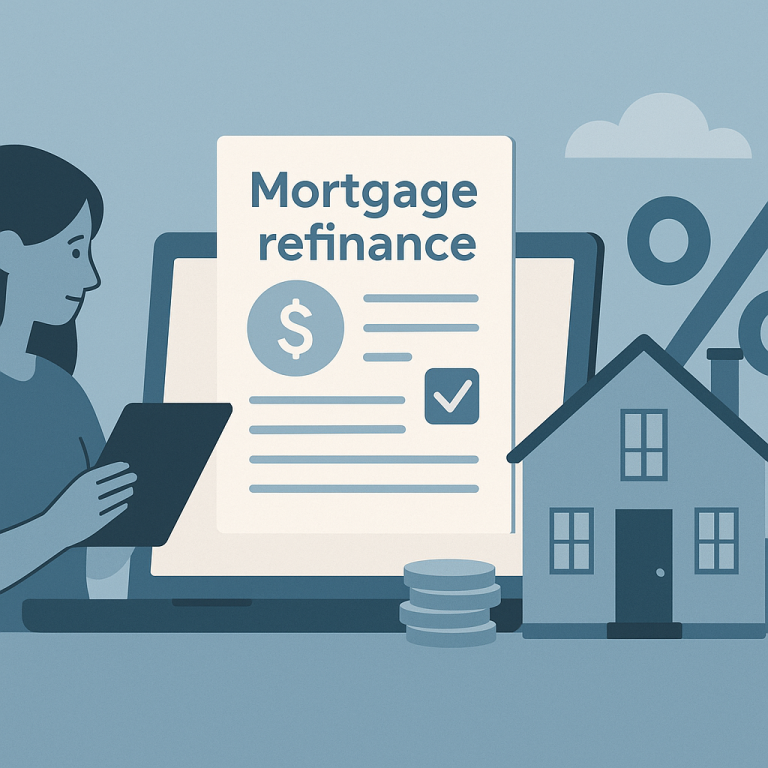Refinance guide applying for refinance while changing jobs
Applying for a Refinance While Changing Jobs: What Homeowners Need to Know
Refinancing a mortgage while you change jobs is common—but it adds complexity to the underwriting process. Lenders evaluate your employment stability and income when approving a refinance. A job change can be harmless, beneficial, or problematic depending on timing, documentation, and the type of loan. This article explains when refinancing during a job change makes sense, the pros and cons, typical costs, a step-by-step approach, common pitfalls, and short FAQs to help you decide and execute a smooth refinance.
What it Is and When It Makes Sense
Refinancing during a job change means starting the refinance application before or shortly after you move from one employer to another. Homeowners pursue refinance for lower interest rates, reduced monthly payments, shortening loan term, or tapping home equity (cash-out). It makes sense to pursue a refinance while changing jobs when:
- Your new job is in the same line of work and offers similar or higher pay, and you can document it.
- You’ve already secured a written job offer with a clear start date and compensation details.
- The potential savings or financial need outweighs the additional documentation and risk of delay.
- You can remain employed (or start the new job) before closing so lenders can verify employment.
Benefits and Drawbacks
Benefits
- Lock in a lower rate or better loan terms now despite a job change if underwriting confirms stable income.
- Refinancing may reduce monthly payments, freeing cash flow during a financially sensitive transition.
- Cash-out refinancing can provide funds for moving, relocation expenses, or establishing reserves while between paychecks.
Drawbacks
- Additional scrutiny from underwriters—expect more documentation and possible delays.
- If income is lower or unverifiable, the refinance can be denied or require paying a higher rate or mortgage insurance.
- Quitting without a secured start date, or starting a job with a probationary period, increases risk of denial.
Costs and Fees to Expect
Refinance costs are similar to purchase-closing costs and typically run 2–5% of the loan amount. Key items include:
- Application or underwriting fees charged by some lenders.
- Appraisal fee (unless you qualify for a streamlined program that waives it).
- Credit report fee and title search/insurance.
- Origination fee or points (optional, to buy down the rate).
- Prepaid interest, escrow/reserves, and recording fees.
Some streamlined refinance options (VA IRRRL, certain FHA streamline loans) reduce or waive income documentation and appraisal requirements, but eligibility varies and some programs won’t be appropriate during a job change. Ask your lender about program-specific rules.
Step-by-Step Process
Follow these steps to improve your chances of a successful refinance while changing jobs:
- Talk to a lender before you change jobs. Explain the upcoming job change and ask how it will affect underwriting for your loan type.
- Gather documentation: current pay stubs, last two years’ W-2s or tax returns, the written job offer (signed) detailing compensation and start date, and bank statements showing reserves.
- Obtain a written verification of employment (VOE) or employer letter and contact information so the lender can confirm start date and pay structure.
- Get pre-approved or pre-qualified with conditions listed in writing—understanding the lender’s requirements reduces surprises.
- Lock your rate when ready, but be aware that underwriting conditions related to employment may remain active until closing.
- Continue making mortgage payments on time and avoid new credit, large bank deposits, or big purchases during underwriting.
- After you start the new job, provide pay stubs (often 30 days’ worth) and any additional documentation the lender requests. Respond promptly to conditions.
- Close the loan once all conditions are satisfied and the underwriter issues final approval.
Common Pitfalls to Avoid
- Quitting before you have a written job offer and start date. Lenders generally prefer verified employment or proof of income continuity.
- Accepting a job in a different field with lower or unpredictable income—this can reduce debt-to-income eligibility or trigger a denial.
- Not disclosing bonuses, commission structures, or a probationary period. Undisclosed facts discovered by the lender can stall or stop approval.
- Timing the appraisal or closing before your new employment can be verified. If the lender can’t confirm your new job, the loan may not fund.
- Assuming streamline programs always remove income verification. Some require proof of employment continuity or have other limitations.
Short FAQ
Can I refinance if I start a new job before closing?
Yes—if you can document the new employment with a written offer and the lender can verify the start date and compensation. Many lenders require at least several days or a pay stub after the start to fully verify income.
Will a job change automatically make my refinance application worse?
Not automatically. Lenders care about income stability and continuity. A move to a higher-paying job in the same field is usually fine; starting a lower-paying or different field job, or a job with uncertain commissions, can be viewed as higher risk.
Should I wait until I’m a few paychecks into a new job before refinancing?
Waiting until you have at least one or two pay stubs from the new job can simplify underwriting and reduce the chance of conditions or denial. But if you have a solid written offer and strong prior income documentation, you may not have to wait.
What documents will my lender ask for when I’m changing jobs?
Expect pay stubs (current and new), W-2s or tax returns, a signed offer letter with start date and compensation, bank statements showing reserves, and employer contact info for verification. Additional documents may be required for bonuses, commissions, or self-employment.
Refinancing while changing jobs is feasible with good planning, clear documentation, and communication with your lender. If your new position strengthens your financial profile, it can be an opportunity; if it introduces uncertainty, consider delaying until you can document stable income.
META: word_count=1038; reading_time≈6min; tags=refinance,job-change,homeowner,employment-verification


